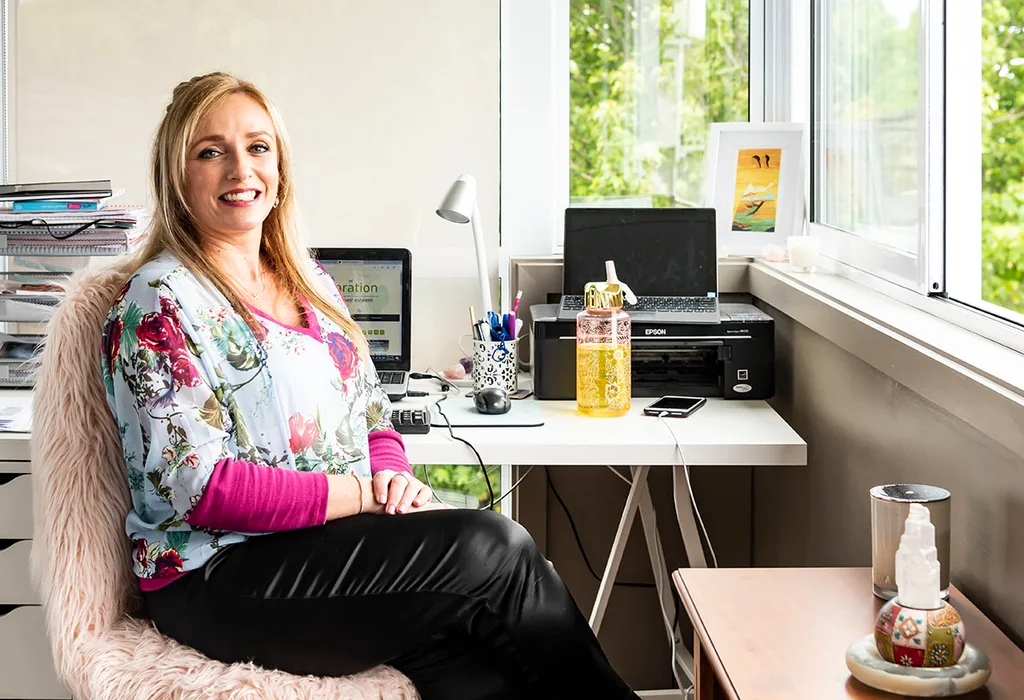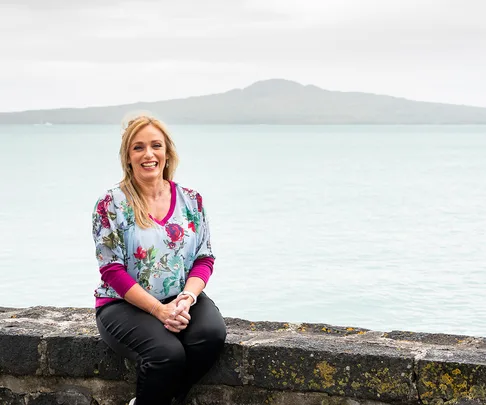In the words of ABBA, “Breaking up is never easy, I know. But I have to go.”
There have been enough songs written about relationships falling apart for us to know and understand that the heartache is real – and we’re not alone. Most of us have had our hearts broken before, sometimes more than once.
Thankfully, not all of us will go through divorce. In fact, in New Zealand both marriage and divorce rates are in decline, and marriages are lasting longer. The average duration of a marriage is now 14 years, compared to 12 years in 1992, and this is largely down to people marrying later in life and having a clearer idea of who they are when they say ‘I do’.
But divorce is still a reality for 8.4 out of every 1000 married couples in New Zealand, and if you’re in your forties, divorce and separation can be rife with every second couple you know seeming to be in the throes of parting ways.
That’s because “15 years and 40” are the common markers for relationships ending, claims divorce coach Kimberlee Sweeney of Degrees of Separation.
“They’ve been married for 15 years, and/or they’ve turned 40 and suddenly look around and say, ‘Is this it?'” she explains.
“You’ve both grown and if you haven’t grown together then you’ve grown apart. You realise your values are no longer the same and you want different things out of life.”

Kimberlee Sweeney, NZ’s only divorce coach
Kimberlee has been coaching Kiwis through divorce for four years.
She felt compelled to do what she does after going through her own amicable divorce nine years ago and realising there was little support for people going through the process – yet so much to navigate on a practical and emotional level.
She completed a Certified Divorce Coach programme in Florida, the United States, and trained with the world-renowned Gottman Institute, completing papers in relationship coaching (she can coach individuals in reconciliation too).
Then the Auckland mother of one and beauty therapist began building her business.
Kimberlee offers coaching packages which vary in price from $480 to $2500 and you can also book one-off one-on-one sessions with her. In essence she helps individuals get clarity about what they want then helps them plan for separation, putting them in touch with experts such as financial advisers, mortgage brokers, lawyers, mediators and counsellors. She attends meetings with clients if needed.

Many of her clients are still not sure whether to stay or go when they come to her.
“I can help them look at ‘well if you think there’s still something there what can we put in place to help you reconnect with your partner?’ But if they need some help as a couple, then I recommend they go together to a relationship counsellor.”
Sometimes they’ll return in nine months to a year and say ‘no I’m done now’,” she says.
“But they needed that time to work through it.”
When couples separate, it often comes as a shock to those around them. But the reality is it has been brewing for a while, Kimberlee says.
“People don’t take this lightly, they think about it for a very long time. And you talk to a lot of people who make it look like on the surface it’s all happy families but in reality, they are living like flatmates.”
Many of Kimberlee’s clients are, surprisingly, men.
“They’re very emotional, their EQ is really high. Some of them are in relationships with really strong women who might be verbally battering them a little bit. They’ve allowed it to happen over the years and then they’ve grown as a person and decided ‘I need to get out’ so there really are lots of different people and scenarios.”

The difference between being coached and going straight to a lawyer is that the process is less brutal.
“Your lawyer’s there to get straight into the ins and outs of the separation agreement; they’re not there to emotionally support you,” Kimberlee says.
“It can put you off, you’re drowning. As much as they can explain everything to you, you’re in that high stress mode and you’re not taking it all in and hearing all that they’re saying.”
With Kimberlee you get to tell your story and receive support to document what you want so that you have a starting point to negotiate from that can save you time and money with lawyers or mediators.
“I had a new client who was over the divorce part and just needed emotional support. She had spent $500,000 on her share of the lawyers, and it’s still in court. Wouldn’t that money have been better off in her pocket so that she could start her new life with her four children?”
Divorce doesn’t have to be hostile
Divorce doesn’t have to be hostile.
Let’s say it again. Divorce doesn’t have to be hostile.
Kimberlee asks her clients, “You’re both starting over – why screw one another over?”
“And especially if you’ve got kids together and you’re going to be co-parenting those kids, why would you try and take everything from the other and leave your kids with nothing when they’re with that other parent?
“Don’t you want to be seen by your child as a good person?” she continues.
“They look back, they remember things. Show them that you are that person.”
When Kimberlee’s parents divorced (when she was a teenager) she remembers the time as traumatic. When her own (15-year) marriage collapsed in 2009 she opted for a “slowly and gently does it” approach.
“We talked about it for quite some time before we did it,” she says, “and even went renting together after selling the family home.
“We had a very young daughter and I’m a planner,” she explains, “and we were also still a little bit uncertain about whether this was the journey we wanted to go on.
“It was very hard,” she admits. “It probably took a good 18 months from thinking about it to actually moving apart.”
But she’s proud of the fact she allowed her husband time to catch up with her, emotionally. She even helped him find his new house.
“I tried to do the best I could for him and our daughter.”
If there’s one regret it’s that they didn’t draw up a formal parenting plan, she says.
“After the separation we spent two years arguing over who should pay for what and who was doing a better job. At the two-year mark someone said to me ‘you know you can put a parenting plan in place and then all of it is outlined and you’re not arguing about it any more’.
“So we went and saw a counsellor who did parenting plans and it was hideous. We sat there for three hours and it all came up again and he brought his new partner and I felt ganged up on…
“It was full on and there were a lot of tears but at the end of it we walked away with a great plan and there were no more arguments. It was 50/50 all the way.”
That was the moment when Kimberlee realised there was “so much that I could teach people”.
Sometimes it’s the seemingly straightforward that can trip people up.
“I’ve had clients say to me ‘he’s telling me I need to buy new beds and furniture for the kids, why do I have to buy them?’ And I say ‘how about you just take half each?’ Or they say ‘he wants the table but I went out and bought that table and I put that together’ and I say ‘but it was paid for with joint money – just buy a new one’.
“I remember being in that mode; it takes a lot to get yourself out of your head. You’re so stressed you’re not thinking straight.
“Part of getting divorced is successfully negotiating with your former partner.
“If you’re going to get divorced then do it properly from the beginning.”
Kimberlee’s top tips for figuring out whether you really want to separate
If you’re unhappy in your relationship try and figure out what it is that’s making you unhappy. And if your partner is equally unhappy ask them what it is that’s making them unhappy. Maybe you can salvage things and meet each other’s needs.
In long term relationships you can fall into a comfort zone where the sparks have gone and you don’t put the effort in any more – so its reminding each other what it is that brings you joy, builds your love, helps you reconnect and have your needs met. If you explore all of this and still come to the conclusion that you’re ‘done’ then turn your attention to figuring out what it is that you want out of life. What are your values?
Take your time, don’t rush – because you can regret it. There are people who think ‘this is what I want and I’m going to leave’ but it’s not easy as a single person let alone as a single parent trying to co-parent with someone whose world has been crushed by you leaving…
If you decide to leave, give your partner time to catch up, emotionally. You’ve had a head start because you’ve probably been thinking about this for many more months than they have. Have some couples counselling so that you can help them understand why you’re making that decision, then you can move through the separation process together.
It’s normal to get cold feet. You can still feel sad but it’s important to understand why you feel sad. For some, the sadness comes from feeling grief for yourself and what you didn’t get from the relationship.



